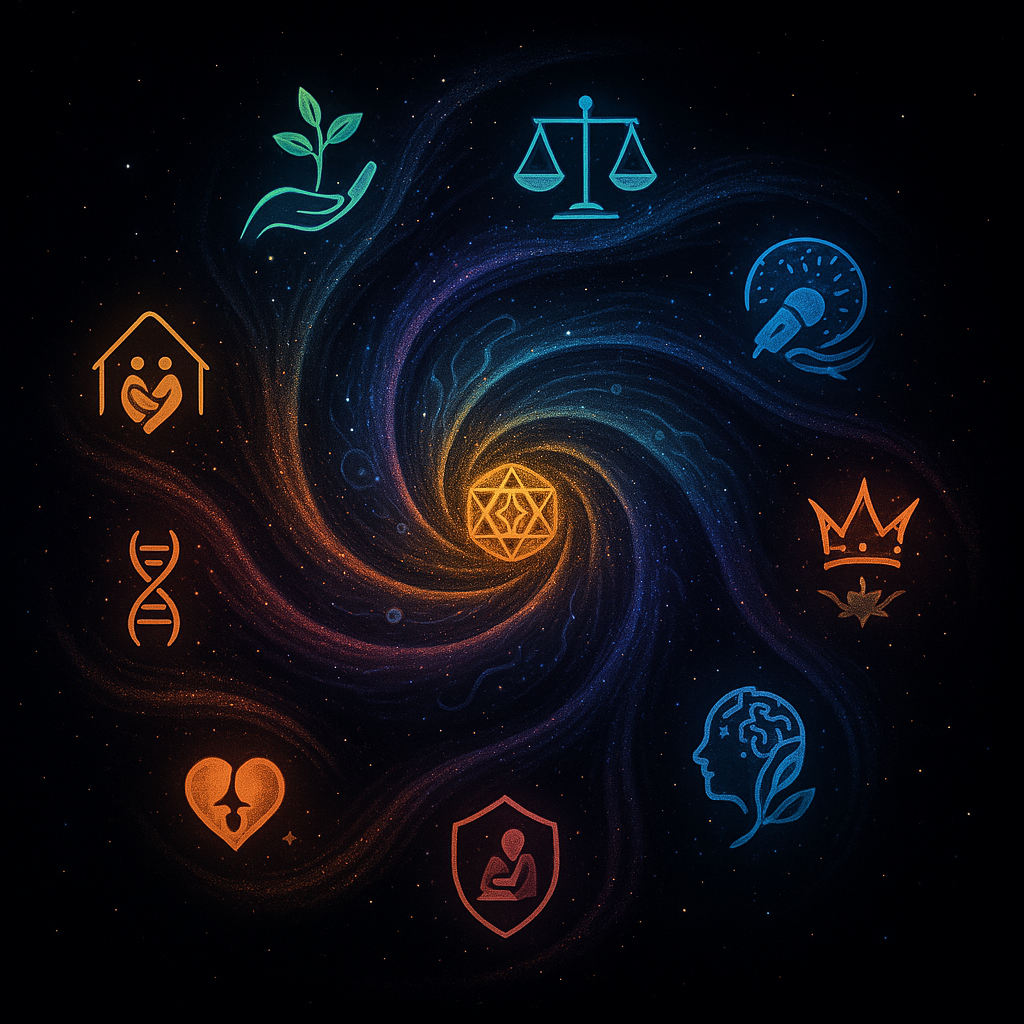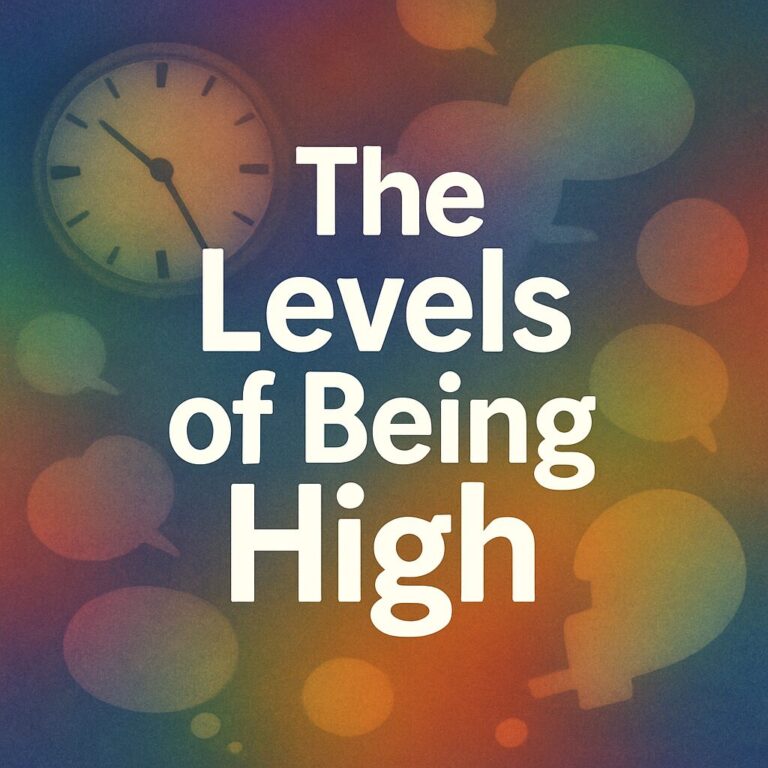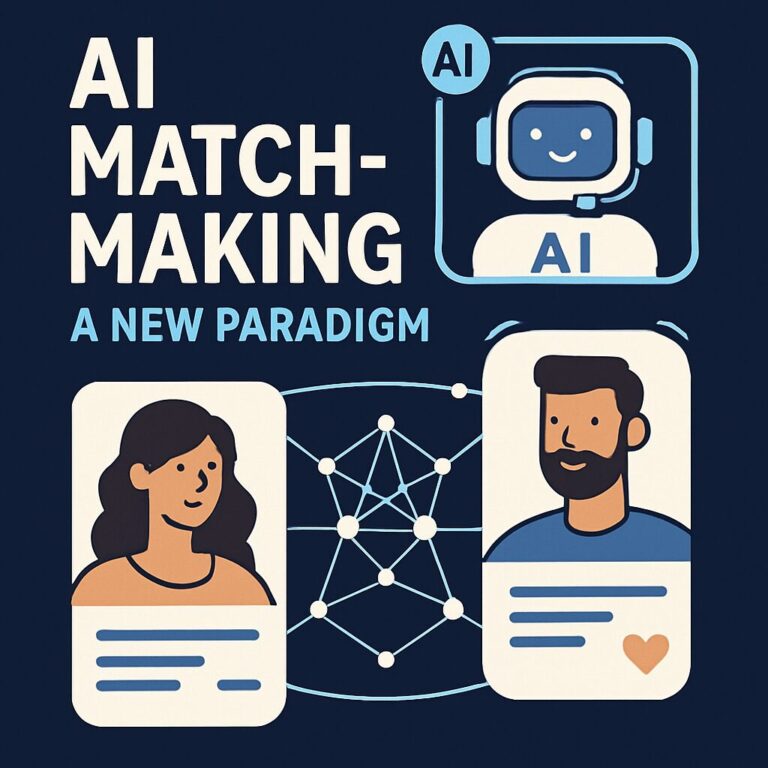Preamble
In a world increasingly driven by profit and power, we recognize the urgent need for a universal ethical framework that ensures both individual freedom and collective well-being. This manifesto is a guiding document for building a just and ethical society where fairness, truth, and accountability govern economic systems, technology, governance, and human rights.
The following 12 Ethical Principles serve as a foundation for a just and sustainable world.
12 Ethical Principles for a Just and Free Society
1. Freedom Comes with Responsibility
Every individual has the right to autonomy, but freedom must not come at the expense of others. True liberty is a balance between personal choice and ethical responsibility.
2. Justice Must Be Fair and Constantly Improved
Justice must be fair, unbiased, and adaptable. Systems that fail to serve all people equally must be challenged and reformed.
3. Society Must Care for Its People and Future Generations
A just society ensures access to healthcare, education, and environmental sustainability, prioritizing human dignity over profit.
4. Truth and Facts Matter More Than Opinions or Politics
Decision-making must be based on evidence and reason, not ideology, misinformation, or corporate interests.
5. When Mistakes Are Made, They Must Be Fixed
Governments, corporations, and individuals must acknowledge and correct mistakes rather than ignore or cover them up.
6. Power Must Be Checked—No One Should Have Unlimited Control
Whether governments, corporations, or AI systems, unchecked power leads to exploitation. Systems must have built-in accountability and transparency.
7. Free Speech Is Important, But Harmful Lies Aren’t Protected
Freedom of speech is a right, but deliberate misinformation, incitement to violence, and manipulation should be held accountable.
8. Ethics Must Evolve, But Never Be Used to Justify Harm
Ethical principles should grow with knowledge, but must never be twisted to excuse injustice, discrimination, or exploitation.
9. Everyone Deserves Equal Rights, No Exceptions
Laws and opportunities must apply equally to all, regardless of race, gender, religion, or socioeconomic background.
10. A Just Society Protects Its Most Vulnerable People
The strength of a society is measured by how it treats its weakest members—the poor, disabled, sick, and marginalized.
11. Technology and AI Must Follow Ethical Rules and Protect Privacy
Technology must enhance human dignity, not replace workers, reinforce bias, or enable mass surveillance. Privacy is a fundamental right—data about our thoughts, bodies, and behavior must never be used to exploit or manipulate us.
AI systems and digital platforms must be transparent, accountable, and secure, always serving the public good—not the consolidation of power.
12. Corrupt and Unethical Systems Must Be Challenged
If a government, corporation, or legal system becomes oppressive, it is our moral responsibility to demand reform.
The Role of Ethical Economics
Our current economic systems prioritize profits over people, resulting in exploitation, inequality, and environmental destruction. Ethical governance must include economic reforms that ensure:
- Economic freedom does not allow harm—corporations must be accountable for their impact on workers, society, and the planet.
- Wealth hoarding is unethical—extreme inequality destabilizes societies and must be addressed through fair taxation and redistribution.
- Sustainability must be prioritized—profit-driven destruction of natural resources must be stopped in favor of long-term ecological stability.
- Monopolies must be broken up—unchecked corporate power threatens democracy and economic fairness.
Alternative economic models that align with these principles include:
- Economy for the Common Good (ECG) – Businesses prioritize social impact over profits.
- Solidarity Economy – Community-driven economic models replace profit-driven systems.
- Buddhist Economics – A focus on sustainable well-being rather than endless consumption.
- Triple Bottom Line (TBL) – Measuring success through people, planet, and profit, rather than financial gain alone.
A Call to Action
We believe that these principles can shape a better future if implemented through governance, education, and economic policies.
What You Can Do:
✅ Support ethical businesses and cooperatives.
✅ Demand transparency from governments and corporations.
✅ Challenge misinformation and unethical policies.
✅ Advocate for systems that prioritize people over profit.
Change starts with individuals, but real transformation happens when societies unite behind ethical principles.
“The only thing necessary for the triumph of evil is for good people to do nothing.” – Edmund Burke
Together, we can build a just, ethical, and sustainable future.
External Resources
Explore these external references that align with the ethical principles outlined in this manifesto:
- Principle 2, 9, 10 – Justice and Human Rights
- Principle 3 & The Role of Ethical Economics
- Principle 11 – AI, Technology, and Privacy
Discussion on Government, Ethics, Capitalism, and Society
Manifesto: Ethics as a Living ScienceReferences
(https:/







